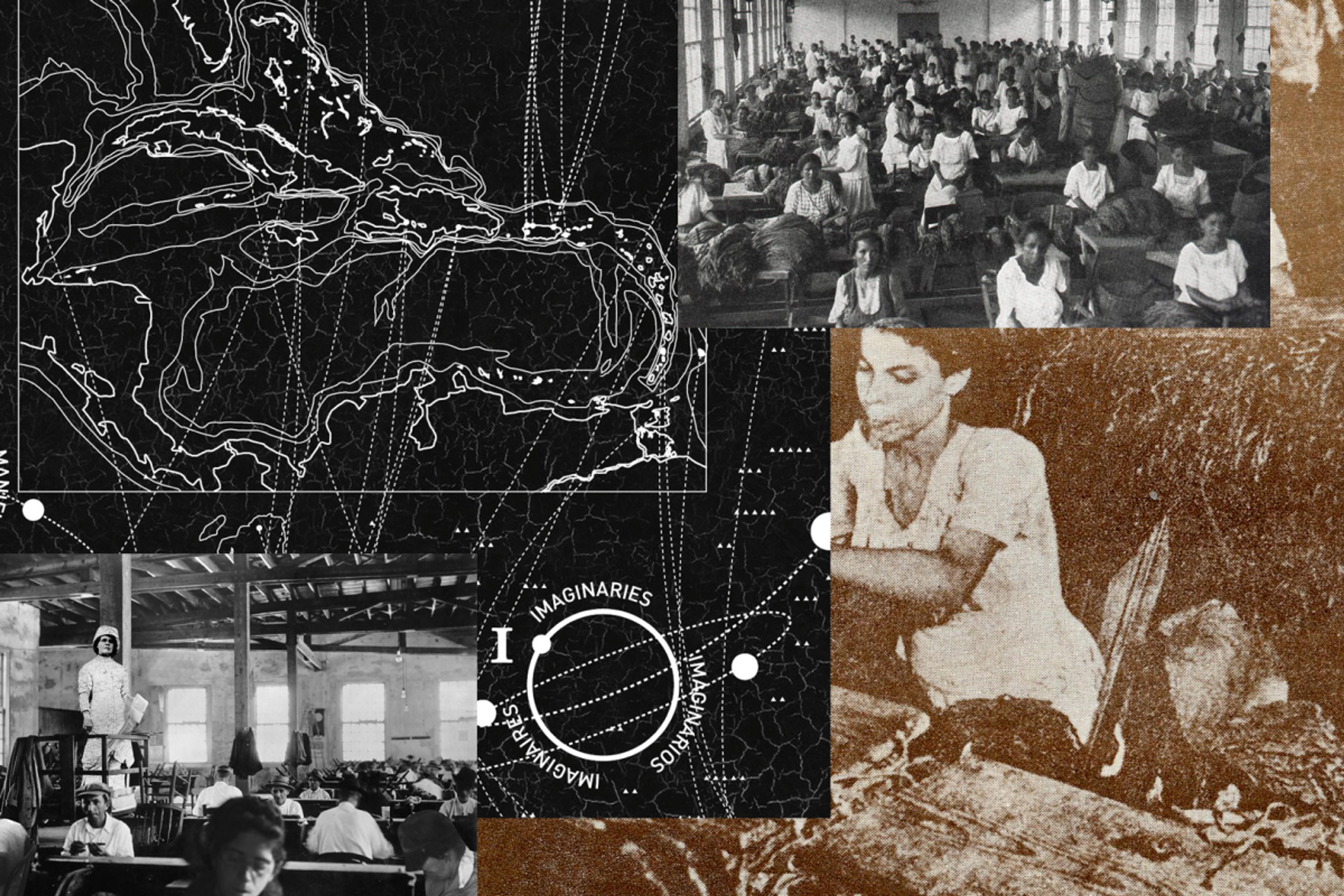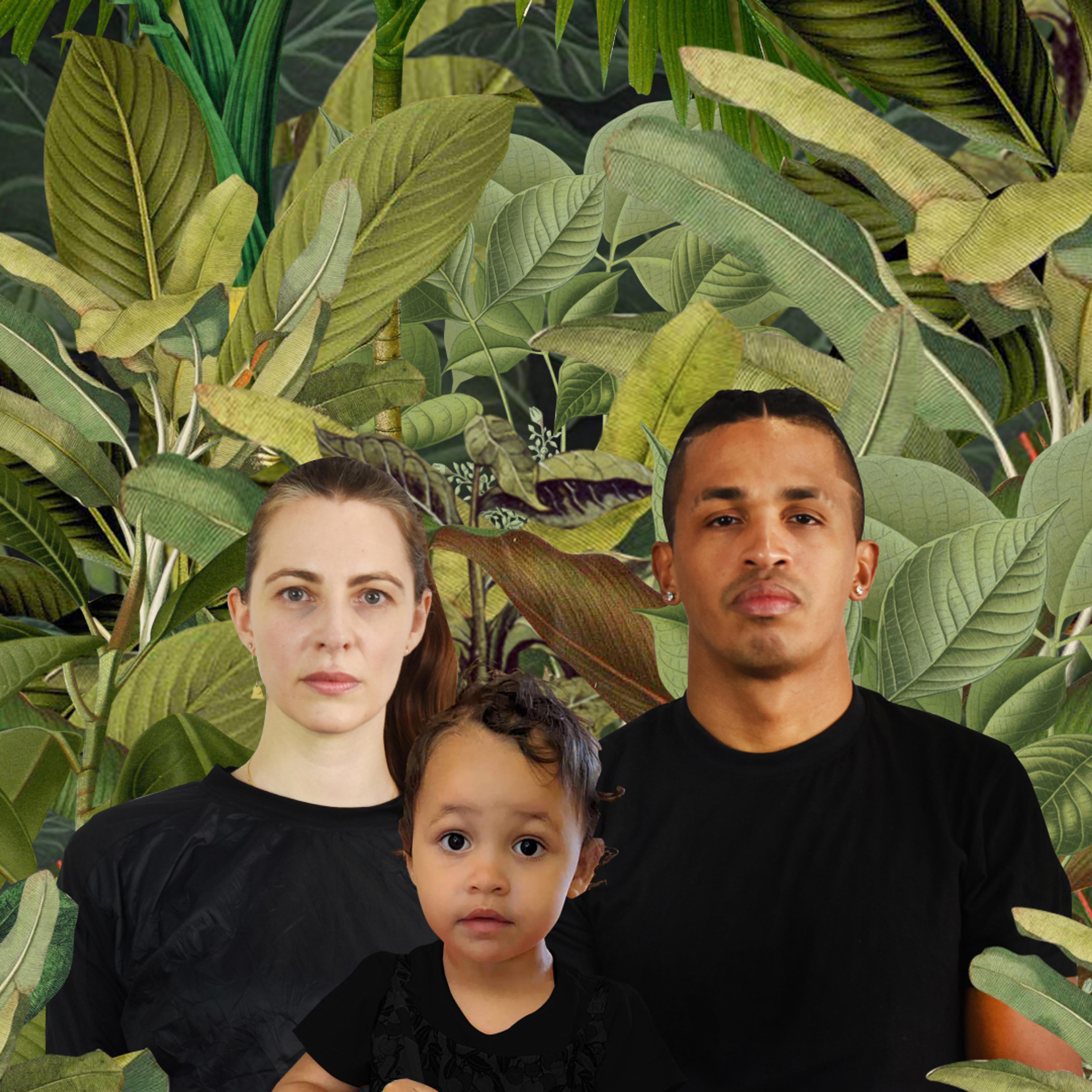Spaces for Loudreading: Collective resistance and the sharing of emancipatory imaginaries
A Loudreading Lexicon
WAI Architecture Think TankWAI Architecture Think Tank
A Loudreading Lexicon
Loudreading is a radical education practice born in the tobacco factories of the Caribbean, in which workers shared anti-capitalist and anti-colonial literature while on the factory floor. Today, the practice of loudreading provides space for thinking subversively about the repressive forces of the status quo while working together to develop a traveling repository of concepts and strategies for radical and emancipatory solidarity.

February 20: 10AM–12PM EST
February 27: 10AM–12PM EST
March 6: 10AM–12PM EST
March 13: 10AM–12PM EST
March 20: 10AM–12PM EST
March 27: 10AM–12PM EST
Course Description
This course will comprise mini lectures and presentations from the instructors and guest speakers, close reading and discussion, and group activities such as generative writing and art-making. Participants will read and discuss core textual, audio, and video sources, identify systems that are obstacles to emancipatory and solidary liberation, and develop a glossary/lexicon of potential strategies of subversion and collective action.
Participants will develop a collective manual with images, text, drawings, and oral narration. This course will meet for two hours weekly for six consecutive weeks.
Session 1
Session 2
Loudreading Media: Practices of archiving and sharing
Session 3
Constructing Loudreading: The production of manuals and glossaries
Session 4
Representations of Resistance: Strategies of presentation and dissemination of subversive imaginaries
Session 5
Before the Great Loudreading: Workshop for finalizing the manual
Session 6
Presentation of manual/glossary
Teacher(s)

WAI Architecture Think Tank
WAI Architecture Think Tank—founded by Puerto Rican architect, artist, curator, educator, author and theorist Cruz Garcia and French architect, artist, curator, educator, author and poet Nathalie Frankowski—is a planetary studio practicing by questioning the political, historical, and material legacy and imperatives of the built, destroyed, and imagined environments.